Does Creatine Cause Hair Loss? | What is Creatine? | LYG 25

Does Creatine Cause Hair Loss? – What is Creatine?
Creatine is widely recognized as a favorite supplement for athletes, bodybuilders, and fitness enthusiasts because of its demonstrated benefits in boosting strength, increasing stamina, and aiding muscle recovery. Despite its advantages, questions about possible side effects, such as hair loss, have arisen. The notion that creatine may contribute to hair loss has left many people questioning whether it’s safe for long-term use.
In this article, we will delve into the science behind creatine, its effects on the body and hair, and the available evidence regarding its link to hair loss, specifically addressing the question: Does Creatine Cause Hair Loss? Creatine is a natural compound that plays a crucial role in the body’s energy production process. The liver, kidneys, and pancreas produce small amounts of creatine, which can also be sourced from foods like red meat and fish. Most creatine is stored in skeletal muscles, where it helps replenish ATP (adenosine triphosphate), the primary energy source for the body.
This function makes creatine especially useful for short-duration, high-intensity activities like sprinting, weightlifting, and other anaerobic exercises. As a supplement, creatine is widely available and typically consumed in its most studied form, creatine monohydrate. Studies have consistently demonstrated its effectiveness in improving athletic performance and muscle recovery, making it a staple in the fitness world. Additionally, creatine’s affordability and safety record contribute to its widespread use, but Does Creatine Cause Hair Loss?
How is Creatine Used?
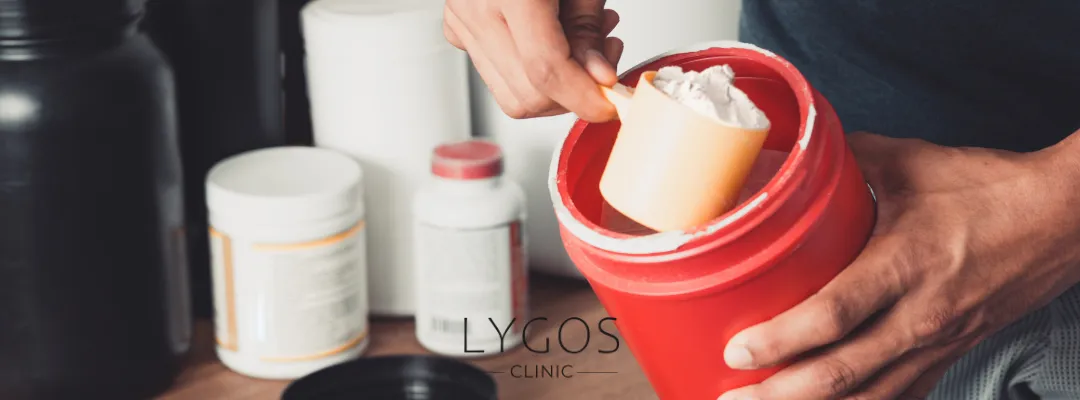
Creatine supplementation is generally approached in two phases: the loading phase and the maintenance phase. During the loading phase, individuals typically consume approximately 20 grams daily, divided into 4-5 doses, for a duration of 5-7 days. This accelerated intake helps saturate muscle creatine levels, enabling faster results.
Once the loading phase is complete, users transition to the maintenance phase, during which they take a daily dose of 3-5 grams of creatine to sustain muscle saturation. Creatine is commonly mixed with water or carbohydrate-rich beverages for improved absorption, as insulin can enhance the uptake of creatine into muscle cells.
Timing is also a consideration, with many people opting to take creatine post-workout when the muscles are primed for nutrient absorption. Proper hydration is critical during creatine use, as the supplement increases water retention in muscle cells. Failing to drink adequate amounts of water can lead to dehydration or other minor side effects, such as muscle cramps. However, Does Creatine Cause Hair Loss under these circumstances?
The Effect of Creatine on Hair
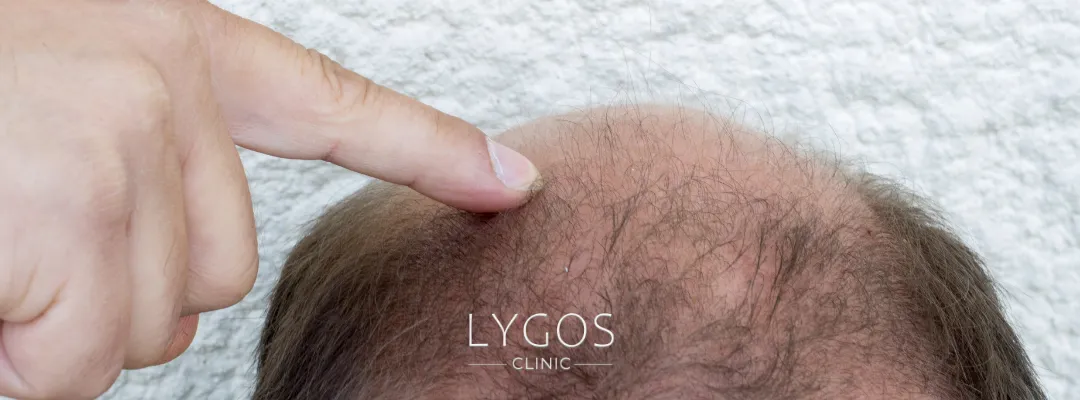
Concerns about a connection between creatine and hair loss stem from its potential to raise dihydrotestosterone (DHT) levels. DHT, a derivative of testosterone, is a well-known factor in androgenetic alopecia, commonly referred to as male or female pattern baldness. Higher levels of DHT can attach to hair follicles, leading to gradual shrinkage, thinning, and eventual loss in those genetically predisposed. Does Creatine Cause Hair Loss because of this?
Some anecdotal reports and a limited number of studies have suggested that creatine might indirectly raise DHT levels. For instance, a 2009 study involving rugby players found that those who took creatine experienced a slight increase in DHT levels. However, it is important to note that this study was small in scale and did not conclusively link creatine to hair loss.
Moreover, the study did not observe actual hair thinning or loss among participants, only a biochemical change in DHT levels. This raises another layer of complexity to answering: Does Creatine Cause Hair Loss? For most users, creatine does not appear to have a direct impact on hair health. Hair loss is a complex condition influenced by genetics, hormonal sensitivity, stress, and other factors. While creatine may play a minor role in hormonal changes, it is unlikely to be the sole cause of hair loss. Still, the question remains for many: Does Creatine Cause Hair Loss?
Effects of Creatine on the Body
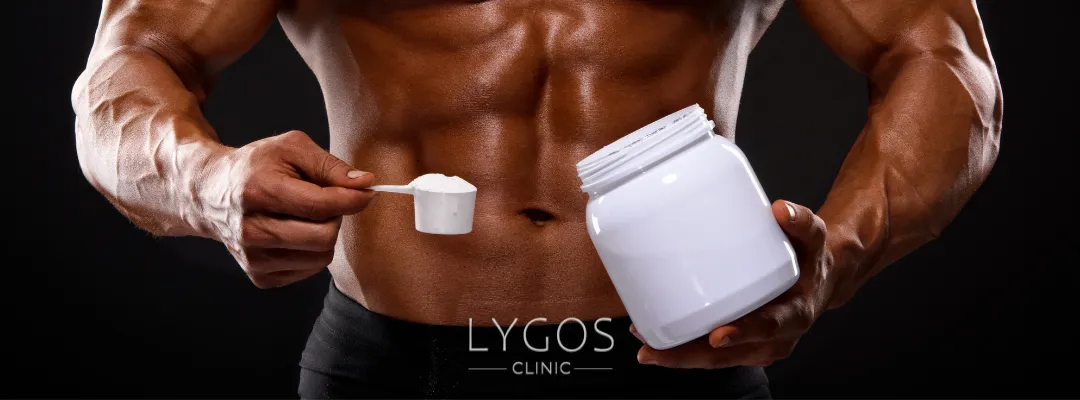
Creatine is best known for its ability to enhance physical performance. By boosting ATP production, it enables muscles to perform more work during high-intensity activities. As a result, it enhances strength, stamina, and overall athletic capability. Creatine also promotes muscle growth by increasing water retention within muscle cells, which makes muscles appear fuller and more defined.
However, some still wonder, Does Creatine Cause Hair Loss while providing these benefits? In addition to physical advantages, creatine may also promote cognitive well-being. Research indicates that creatine may boost memory, focus, and mental clarity, especially in older adults or those experiencing stress. Researchers are also exploring its potential role in managing neurodegenerative diseases like Parkinson’s and Alzheimer’s, although these findings are still in early stages.
When taken in recommended amounts, creatine is considered safe for most people. Minor side effects, such as temporary bloating, stomach discomfort, or muscle cramps, may occur. However, individuals with pre-existing kidney or liver conditions should consult a healthcare professional before using creatine. Given all its benefits, one might still ask: Does Creatine Cause Hair Loss?
Does Creatine Cause Hair Loss?
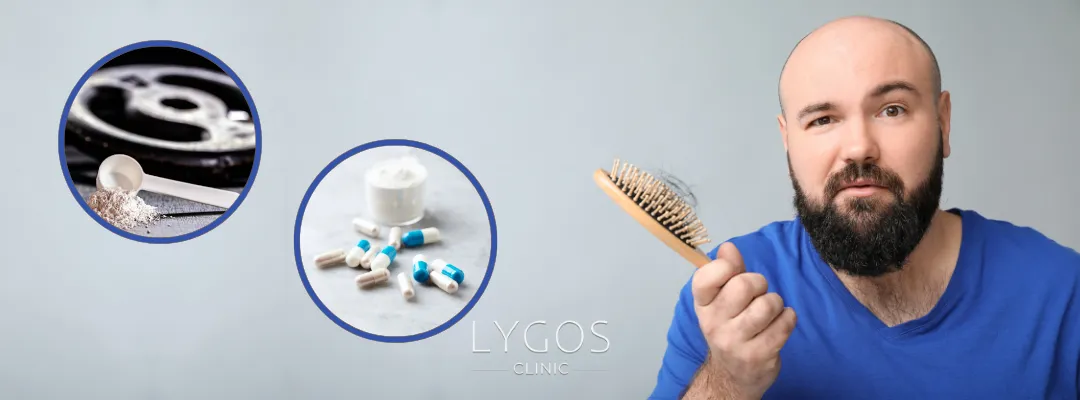
While the fear of hair loss is common among creatine users, scientific evidence does not support a direct causal relationship. The 2009 study often cited in this context found a modest increase in DHT levels among participants, but this does not necessarily translate to hair loss. Furthermore, no follow-up studies have consistently replicated these findings, leaving the connection between creatine and hair loss largely speculative. Thus, the question persists: Does Creatine Cause Hair Loss?
Hair health is primarily determined by genetic and hormonal factors. For individuals with a genetic predisposition to androgenetic alopecia, elevated DHT levels from creatine or other sources may speed up hair loss. Conversely, creatine is unlikely to noticeably affect hair health in those without a genetic tendency toward hair loss. That said, Does Creatine Cause Hair Loss in all cases? Likely not.
It is worth noting that anecdotal reports of hair loss while using creatine may stem from other underlying issues, such as stress, poor nutrition, or hormonal imbalances unrelated to supplementation. For those concerned about hair loss, a balanced diet, proper hydration, and regular hair care routines are essential to mitigate risks.
Benefits of Creatine
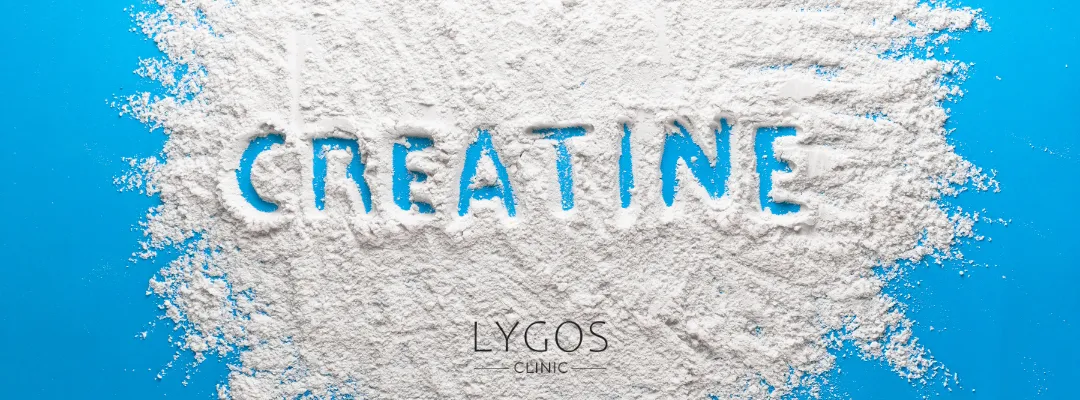
Despite debates around Does Creatine Cause Hair Loss, creatine continues to be among the most studied and effective supplements. It has a proven track record of improving athletic performance, supporting muscle growth, and aiding in faster recovery from intense workouts. Its advantages make creatine an excellent option for optimizing fitness routines. Additionally, creatine’s potential cognitive benefits are gaining attention.
By improving energy availability in brain cells, creatine may help combat mental fatigue and support cognitive function. Certain studies propose that creatine might assist in addressing age-related cognitive decline and aiding brain injury recovery. Due to its versatility and safety, creatine is a favorite among athletes, fitness enthusiasts, and those aiming to enhance mental function. When used responsibly, its benefits far outweigh any potential risks, and it seems unlikely that Does Creatine Cause Hair Loss could detract from its widespread benefits.
What Does Science Say About Creatine’s Effect on Hair?
The scientific community remains divided on the relationship between creatine and hair health due to a lack of robust research. The 2009 study sparked significant interest but has not been conclusively supported by subsequent studies. Most available research focuses on creatine’s effects on performance and muscle health rather than its potential impact on hair. As such, Does Creatine Cause Hair Loss remains an open-ended question for many.
Given the limited data, individuals concerned about hair loss should approach creatine use cautiously. Speaking with a dermatologist or medical professional can help evaluate personal risks and offer personalized recommendations. It’s also important to remember that hair loss is often the result of multiple factors working in combination, not just a single supplement. Still, the lingering question is: Does Creatine Cause Hair Loss? For more detailed information about Does Creatine Cause Hair Loss, you can contact our expert team.


